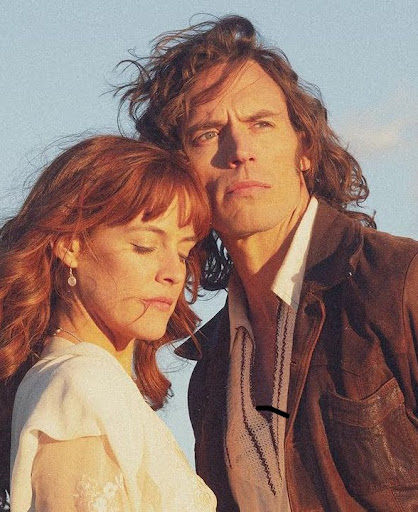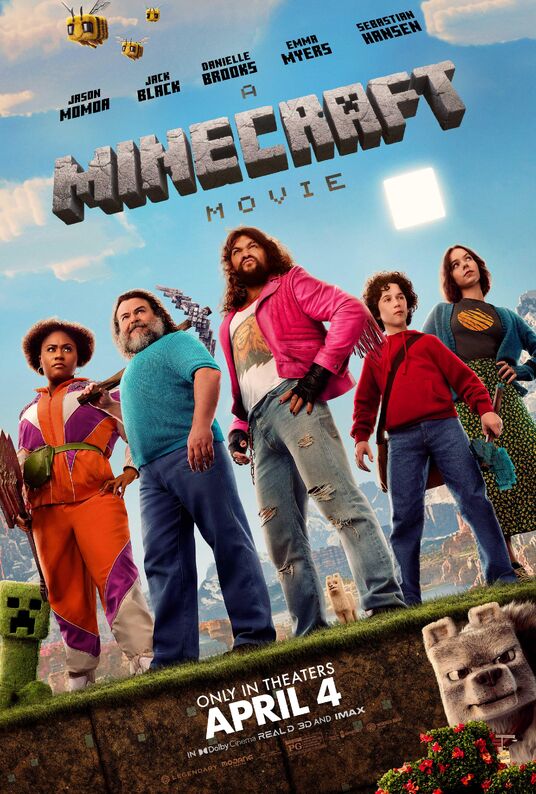
Adapting a book into a film is no easy feat. The challenge of translating beloved characters into a visual medium while staying true to the essence of the source material can be very difficult. In some cases, the adaptation is better received than the original work, whether through creative reinterpretation or the added power of cinematic visuals. From the feminist twists in Little Women to the emotional depth of Forrest Gump, these adaptations offer compelling arguments for why, in certain instances, the movie might just be better than the book.
- Little Women
Greta Gerwig’s 2019 film adaptation of Little Women offers a feminist take on a classic. Louisa May Alcott’s character Jo March is a revolutionary for her time, rejecting traditional standards for women and pursuing a life of her own. In the book, Jo marries Professor Bhaer. The ending of the film differs from the book by allowing Jo to remain unmarried and advance in her writing career, giving her the “literary spinster” ending that Alcott originally wanted for her character but was pressured to change due to societal expectations.
- Daisy Jones & The Six
Taylor Jenkins Reid’s 2019 novel gained much attention from young adult readers across the country when it first came out. A significant part of this story is the music, as the plot centers around a 70s rock band. There are moments in the book where characters communicate through song, which is hard to convey through written words alone. The rivalry between Daisy Jones and Billy Dunne is captured beautifully on screen and serves as a compelling adaptation of Reid’s novel.
- Forrest Gump
The 1994 film Forrest Gump directed by Robert Zemeckis is often considered a rare example of a movie that surpasses the novel it was based on, written by Winston Groom in 1986. While the novel is itself an enjoyable read, the film takes several creative liberties and makes key changes that improve upon the source material in ways that resonate more deeply with audiences. Through Tom Hanks’ iconic performance, Forrest has a much greater emotional depth. Hanks imbues Forrest with warmth, innocence and a subtle wisdom that feels genuine and emotionally resonant.
- Me Before You
Jojo Myers 2012 romance novel is a gut-wrenching read. The main characters navigate their love for one another while one of them is considering physician assisted suicide due to his condition. The tone of the book is occasionally heavy-handed or over-dramatized when discussing this topic. The movie, directed by Thea Sharrock, handles these emotional themes with a certain elegance, giving it a more universally accessible tone. While it still addresses the difficult themes of disability, assisted suicide, and the right to choose one’s own fate, the film frames these topics in a way that feels more organic to the love story.
- The Godfather
The Godfather (1972), directed by Francis Ford Coppola and based on the novel by Mario Puzo, is an epic crime saga about the powerful Corleone family and their rise to dominance in the American mafia world. The film spans several years and deals with themes of family loyalty, power, revenge, and the cost of living a life of crime. The telling of this story through a different medium is done excellently. This is a story that is greatly enhanced by movie magic.

